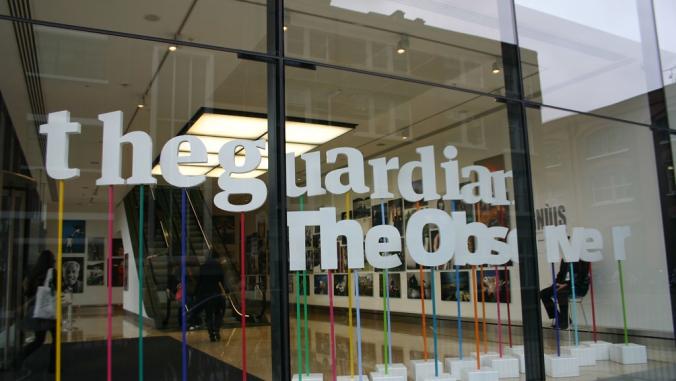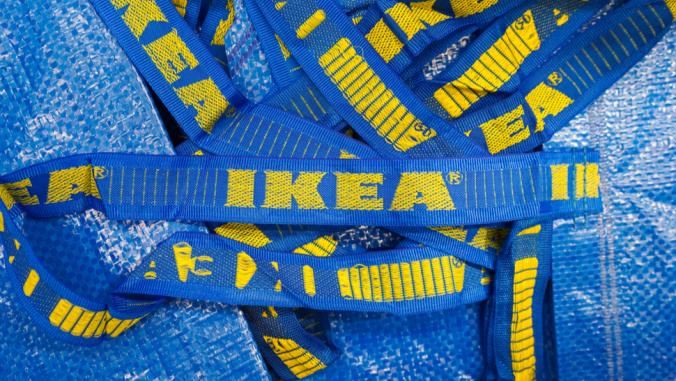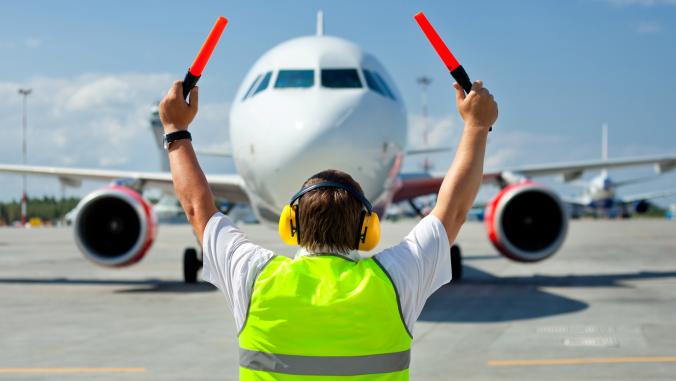AutoTrip aims to transform business travel with the 'Internet of cars'
Connected car technologies could change the game for corporate fleet efficiency and emissions.

You don't need to be a traveling salesperson to have experienced the horror of mileage expense claims. The hours spent staring at an Excel spreadsheet, scanning back through six months' worth of meetings and guess-timating how far you traveled — and how much it cost — is a chore many executives dread.
That is the pain point tech startup AutoTrip is addressing with its digital business mileage service, which promises to dramatically cut the time employees spend logging mileage expenses and increase the accuracy of claims by up to 20 percent.
The firm's transponder — a small device that looks a lot like a mini USB stick — fits into the "on-board diagnostics" port found in most cars to digitally record journey details using the GPS network. The data is automatically uploaded to AutoTrip's cloud-based software for employees to download and submit at the end of every expenses period. To protect privacy, only trips categorized as business travel by the user are viewable by employers.
But digitizing driver mileage is only stage one of AutoTrip's plan to transform the way businesses treat business travel, according to the firm's co-founder Alexander Nicholson. The business plan is only the first stage of a much broader strategy that will see the company evolve from a small operation focused on streamlining accounting practices to a smart business travel hub that uses artificial intelligence to optimize company travel and promote greener modes of transport.
"We will be accessing fleets by solving the problem of mileage expensing, and then we will be layering in additional software services that meet the needs of sustainability managers and wider EU targets for carbon reductions," Nicholson told BusinessGreen.
Because AutoTrip's data collection device works in almost any car built since the mid-1990s, Nicholson said the firm is in a "unique" position to collect vast quantities of business mileage information across entire corporate fleets to offer companies personalized advice on how to boost efficiency.
By using the data from its existing customer base, Autotrip is already able to advise its customers on the best approach for meeting with different clients on the same day, optimizing the order of appointments and journey routes to plan the most efficient travel schedule.
But the company has plans to go much further than that. It is currently fundraising on CrowdCube to raise cash for stage two of the business strategy — advanced data analytics. By analyzing the mileage data using "machine learning and advanced algorithms," Nicholson predicted that in the future AutoTrip will be able to provide businesses with tailored suggestions for alternatives to car use that will save money and cut carbon emissions.
In terms of where sustainability is going, it's these fundamental decisions that need to be made on how to redesign fleets.
For example, based on a fleet's usage data AutoTrip's analytical software may calculate that it would be cheaper and greener for employees to join an electric vehicle car club instead of each using his own vehicle, or it may prove more efficient for employees to use train services rather than cars to get about.
"In terms of where sustainability is going, it's these fundamental decisions that need to be made on how to redesign fleets. And to date there hasn't been the data available to provide accurate decision-making," Nicholson said. "We're able to show organizations how actually we can not only save them money but make their fleets much more low carbon as well."
The lack of reliable data on how corporate fleets are used is the reason AutoTrip was born. The company was founded in 2014 by Nicholson and Andrew Wordsworth, the entrepreneur behind E-Car Club, sold to EuropCar in July. One problem they found when convincing businesses to join the E-Car Club was the lack of accurate, timely data that could be used to show the business case for changing the structure or management of a fleet, Nicholson said.
Up to 20 percent of mileage claim data is inaccurate, and there is often a significant time lag between the user taking the journeys and when they are logged on the system, he explained.
This data is the key to convincing transport managers to open their minds to the cleaner transport options available on the market right now, such as car clubs and electric or plug-in hybrid cars, Nicholson said.
"When you think about all the technologies available to create low-carbon transport, they are all there, and actually coming down in cost to a point where we can actually get them deployed into fleets," he argued. "The big missing piece is how to get the decision makers to understand that."
Eventually AutoTrip's software will be able to quantify exactly what the return on investment will be for each option, in order to clearly present the business benefits of opting for a greener mode of travel.
In essence, AutoTrip has identified its core business opportunity — business mileage claims — as a way of staging a data grab to fuel its vision of a responsive, highly efficient, green system of business travel. It seems this start-up is only at the very start of its journey towards the widespread adoption of green fleets.
This story first appeared on:





